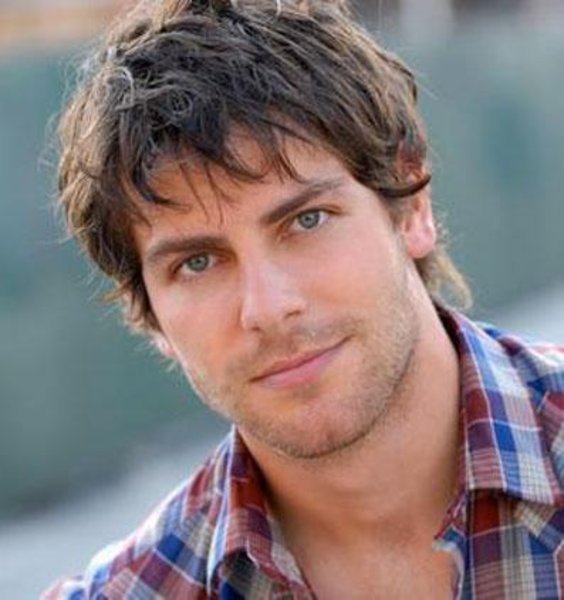The kritik of 1 and 2:
The so-called serial events of the US cable lenders are also no longer more original. On the former "Mad Men" and "Breaking Bad" station AMC, the new Westerndrama "The Son" (in Germany from April 15 at 9 pm on TNT series). And somehow you can not help feeling the impression that you already know somewhere: the setting with the cattle farms and the oil towers in the South Texas as well as two hostile families of big landowners such as "Dallas", just at the beginning of the 20th century. In addition, there is also a parallel treatment for a white man abducted by Indians - here Western classics like John Ford's "The Black Falcon" greet. But the genre has always lived by the variation of ever-same themes and motifs.
In the midst of the film adaptation of Philip Meyer's best-selling novel, which has appeared in German as "The First Son", three generations of the McCullough family are: the patriarch Eli (Pierce Brosnan), his son Pete (Garrett Droege) and his growing daughter Jeannie Sidney Lucas). Eli is what is called a hard dog: with an iron hand he leads his farm and his family. He shows little respect for his neighbor, the Mexican-born Don Pedro Garcia (Carlos Bardem) and for Mexicans in general. When his oil carrier burns down, he immediately lets Garcias kidnap the actressed son-in-law, and later tortures him by hand. Pete is more interested in diplomacy and reason, but he does not hesitate for a long time as the abducted man attacks him. Granddaughter Jeannie appears in the first episodes only briefly as an intelligent, but also in a big-mouthed manner self-conscious girl who treats the worker from above. No one from this rich family is really sympathetic.
All new messages daily by mail
Parallel to the main settlement, which was settled in 1915, the story of the young Eli (now Jacob Lofland) is told in a flashback of a Comanchen tribe. While his brother opposes the Indians and is therefore soon killed, the Indians enslave Eli, who initially tries to overcome the situation by passivity. Scorned and whipped by the women of the tribe, the rage grows in him until he rebels against a Sioux. This increases the already slowly growing respect of the chieftain Toshaway (Zahn McClarnon, known as killer from the second "Fargo" -staffel) for the white boy. It is foreseeable that he will take this under his wing.
The Son
Eli (Pierce Brosnan) at the crossroads of past and future
The story of the main character in the past is much more interesting than the story of the aged Eli and his descendants. Presumably his experiences, which were interspersed with youth, should also provide the psychological explanation of how the inexperienced youth could become the old, patriarch, who was brutally pursuing his own interests. A big drawback of the two preludes is, however, that this figure, which seems to be an ambivalent figure, is simply uninteresting. This is not due to Pierce Brosnan, who is optimally aged for such a role with his graying beard and his stately stature, but on the insufficient character drawing so far provided by the screenplay. In the 1980s, the acting veteran in his first big television role since "Remington Steele" is the main sales argument of the series, he is astonishingly little to do. The young unknown Jacob Lofland steals him clearly as his alter ego, simply because one can develop with the tormented youth much more compassion. The sons McCollough (alongside Pete and his older brother Phineas, played by David Wilson Barnes, who was already part of AMC's Western series "Hell on Wheels") remain pale.
The setting is quite different: the conflict between Mexican and European Texans plays a role; Pedro Garcia's father-in-law is a nationalist who belongs to a movement that wants to drive the Whites out of South Texas. In addition there is the conflict between the white settlers and the indigenous people, which may not be missing in any Western series. However, the non-white figures have so far been stereotypical. The Indians act brutally and without compassion (especially the women), without this behavior being justified. Even in this respect the kind of the narrative unfortunately reminiscent of the already mentioned classic with John Wayne. The fact that the aborigines had every reason to hate whites, since the settlers and their army robbed them of the land and almost exterminated their people, is in any case not addressed. Even the Mexicans appear so far either as naive









